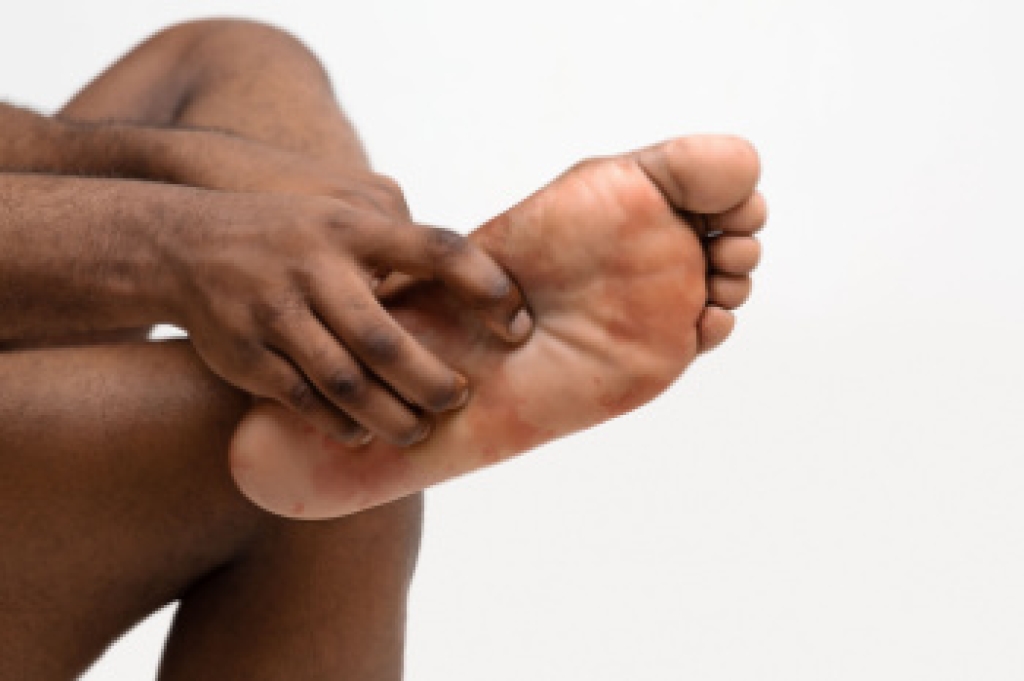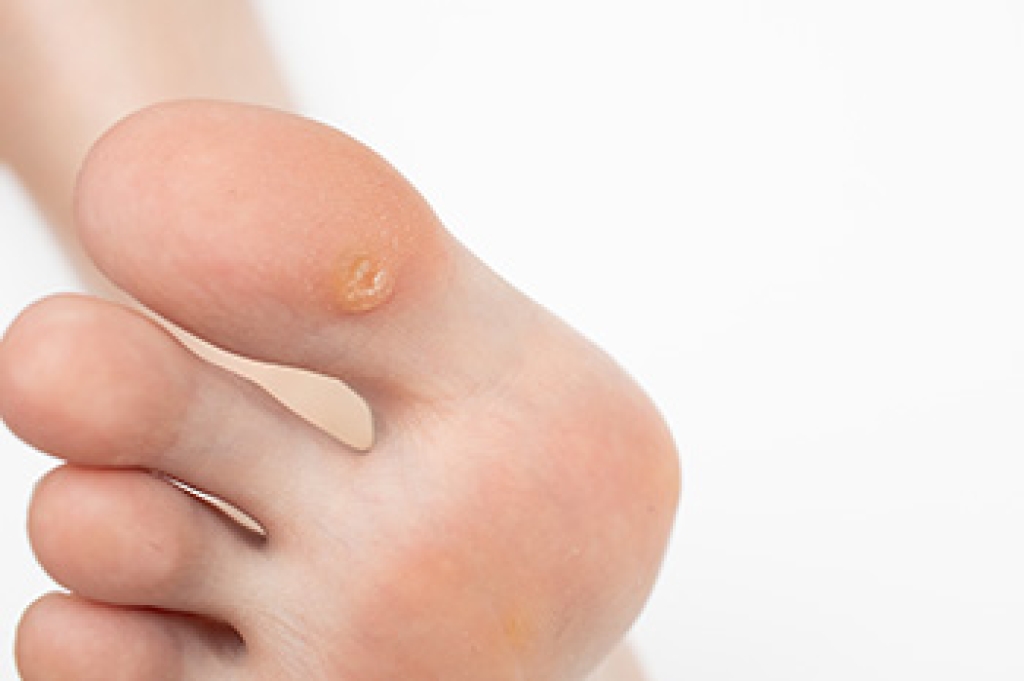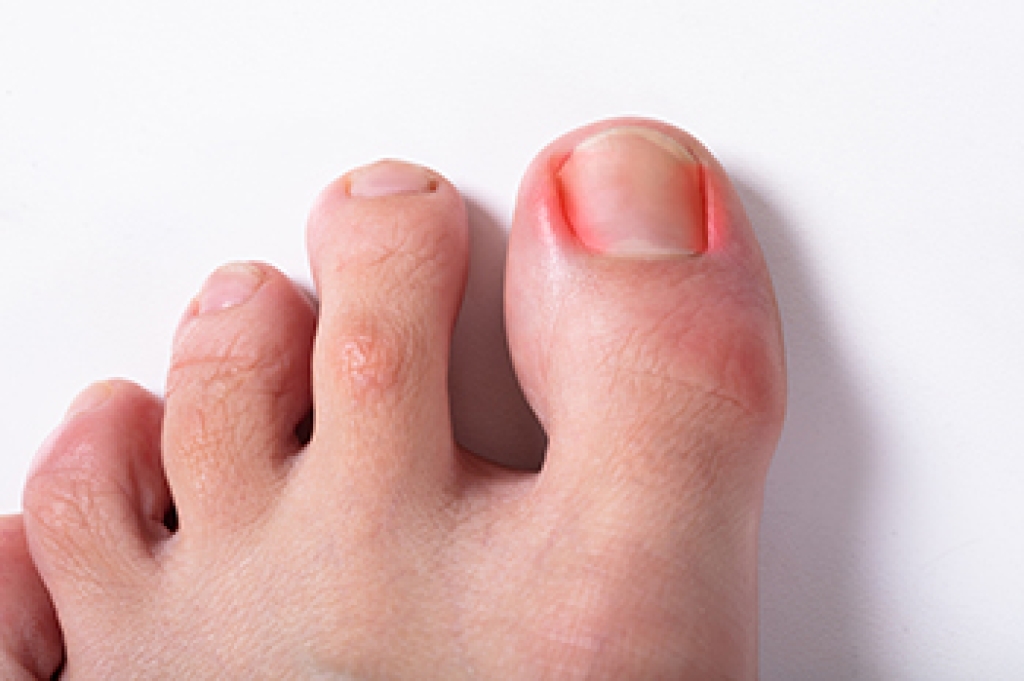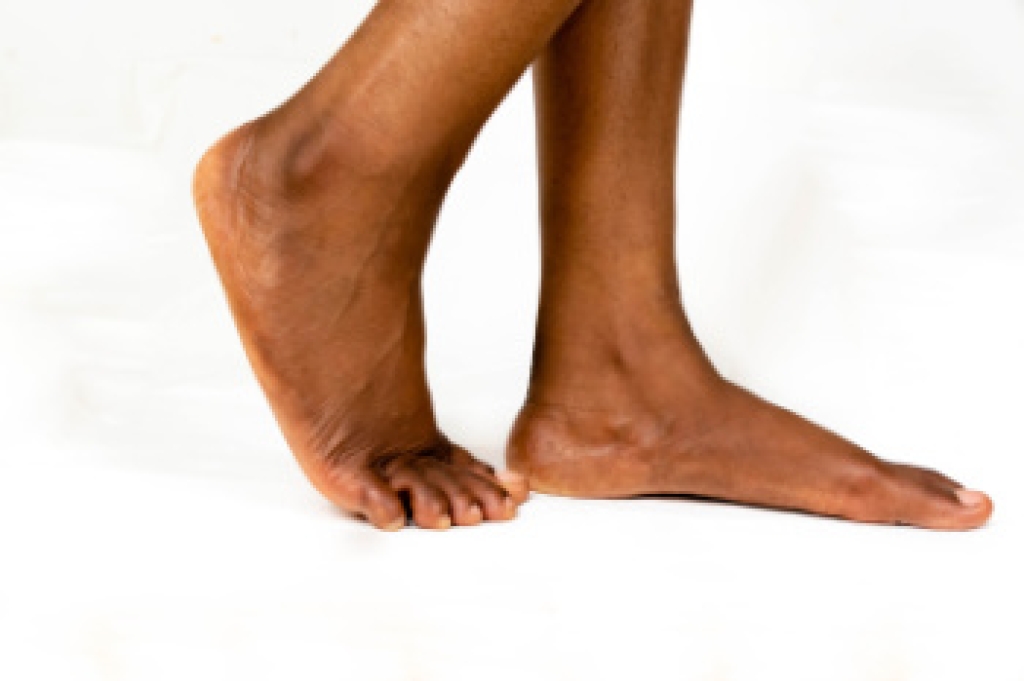
Plantar fasciitis is commonly known for heel pain, but its effects can extend beyond localized discomfort, even in younger and middle-aged adults. Ongoing heel pain may cause people to unconsciously adjust how they stand or walk to avoid pressure on the painful area. These subtle changes can disrupt normal posture and reduce stability during movement. Shortened steps, uneven weight distribution, and altered foot strike patterns are common, and may place added stress on the ankles, knees, hips, and lower back. Over time, these compensations can interfere with balance and increase fatigue during daily activities or exercise. Pain-related changes in foot function may also affect how quickly the body responds to shifts in surface or direction. Addressing plantar fasciitis early helps support healthier movement patterns. If heel pain alters your posture or walking, it is suggested that you see a podiatrist for a proper diagnosis and appropriate treatment.
Plantar fasciitis is a common foot condition that is often caused by a strain injury. If you are experiencing heel pain or symptoms of plantar fasciitis, contact one of our doctors from Intercoastal Medical Group. Our doctors can provide the care you need to keep you pain-free and on your feet.
What Is Plantar Fasciitis?
Plantar fasciitis is one of the most common causes of heel pain. The plantar fascia is a ligament that connects your heel to the front of your foot. When this ligament becomes inflamed, plantar fasciitis is the result. If you have plantar fasciitis you will have a stabbing pain that usually occurs with your first steps in the morning. As the day progresses and you walk around more, this pain will start to disappear, but it will return after long periods of standing or sitting.
What Causes Plantar Fasciitis?
- Excessive running
- Having high arches in your feet
- Other foot issues such as flat feet
- Pregnancy (due to the sudden weight gain)
- Being on your feet very often
There are some risk factors that may make you more likely to develop plantar fasciitis compared to others. The condition most commonly affects adults between the ages of 40 and 60. It also tends to affect people who are obese because the extra pounds result in extra stress being placed on the plantar fascia.
Prevention
- Take good care of your feet – Wear shoes that have good arch support and heel cushioning.
- Maintain a healthy weight
- If you are a runner, alternate running with other sports that won’t cause heel pain
There are a variety of treatment options available for plantar fasciitis along with the pain that accompanies it. Additionally, physical therapy is a very important component in the treatment process. It is important that you meet with your podiatrist to determine which treatment option is best for you.
If you have any questions, please feel free to contact our offices located in Bradenton, and Sarasota, FL . We offer the newest diagnostic and treatment technologies for all your foot care needs.




